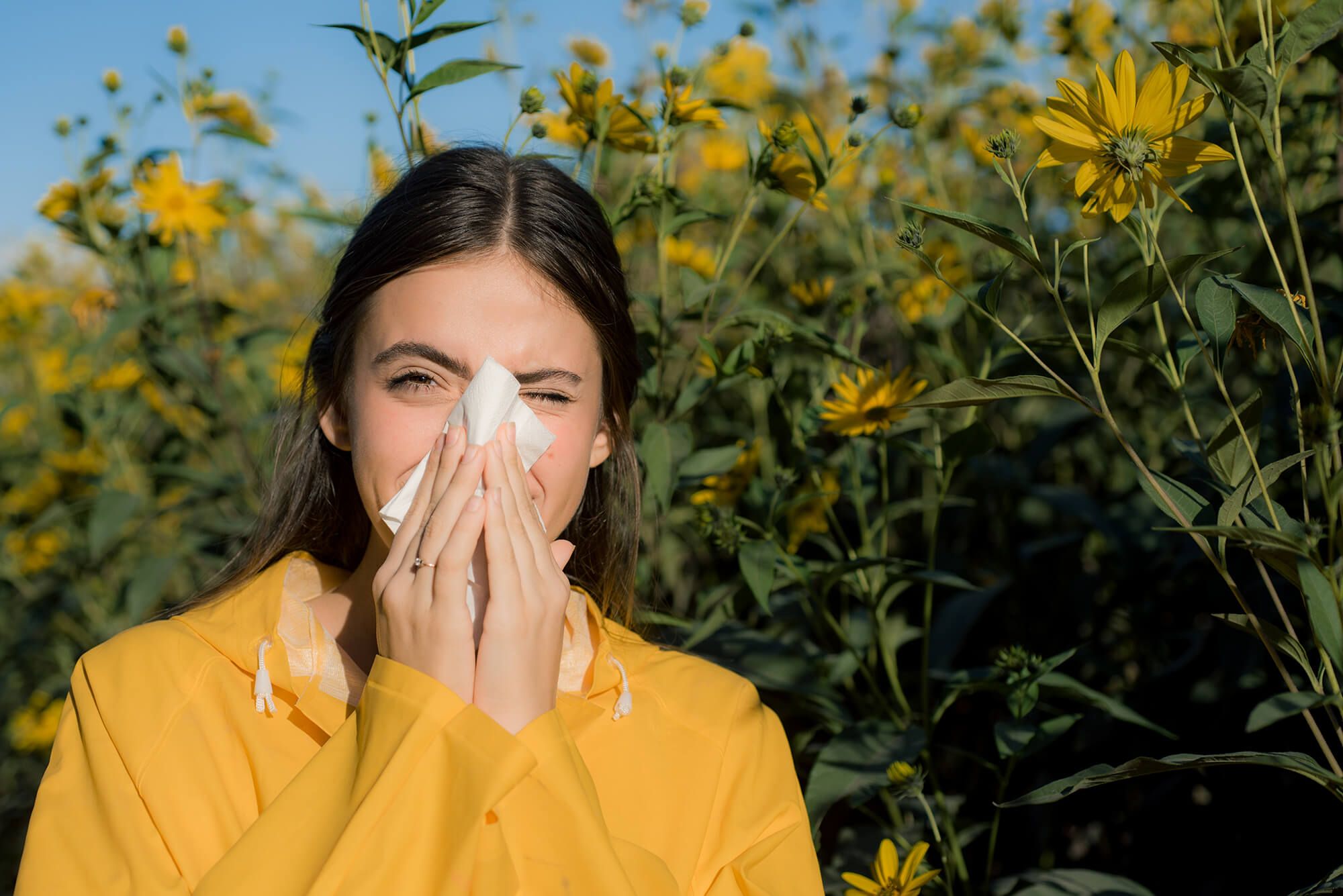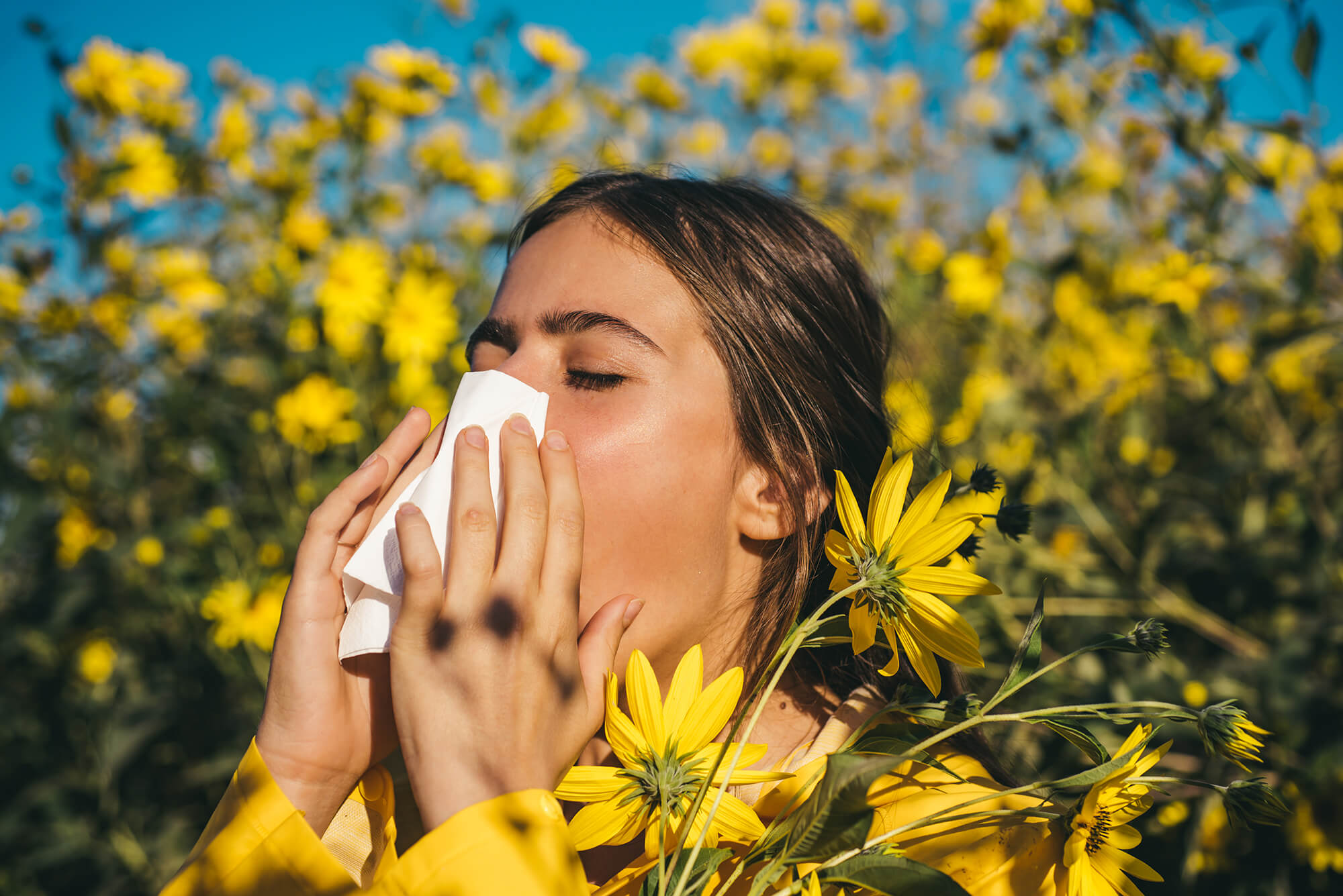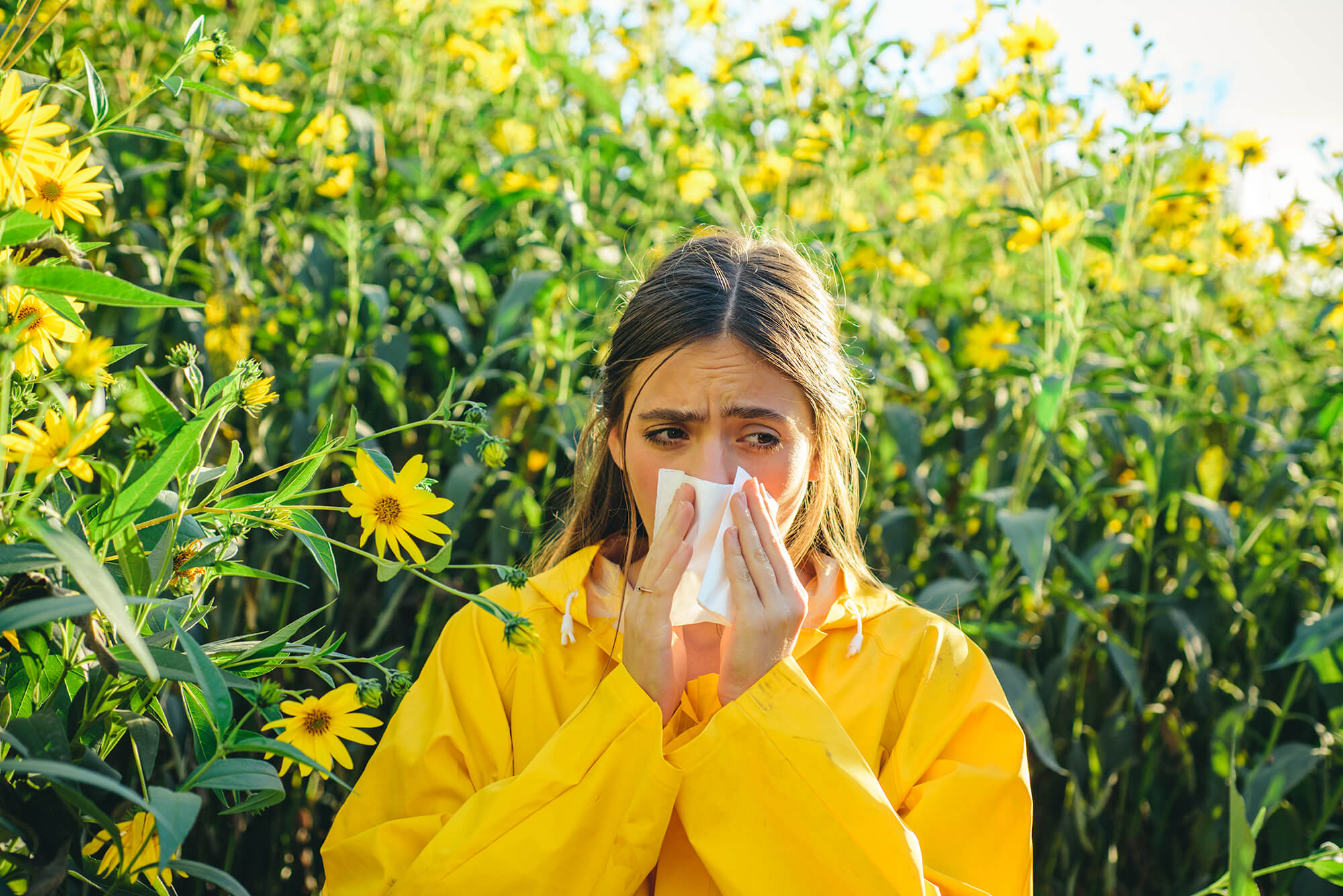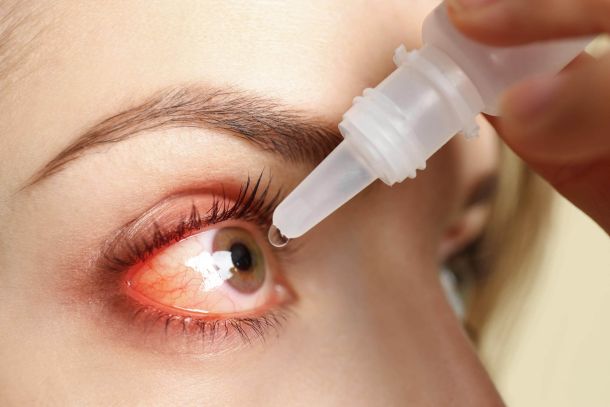Allergic rhinitis: what is it and how to treat it?


Eva Zakharova
What is allergic rhinitis?
Allergic rhinitis is an inflammatory disease of the nasal mucosa caused by exposure to allergens. It is manifested by nasal congestion, sneezing, itching and watery eyes. Allergic rhinitis symptoms and treatment depend on the degree of exposure to allergens and individual sensitivity, can be seasonal or year-round.
Causes of allergic rhinitis

Seasonal allergic rhinitis
The main cause of seasonal allergic rhinitis is pollen from plants, particularly trees, grasses and weeds. Exposure to pollen causes an immune reaction and inflammation of the nasal mucosa.
Seasonal allergens, such as fallen leaves, can also cause allergic rhinitis, especially during the warm season when their number increases.
Year-round allergic rhinitis
Household dust, containing particles of mites and pollen, can cause year-round allergic rhinitis. Its causes are also related to exposure of the nasal mucosa to various allergens in the home.
Mold is another common allergen that causes year-round allergic rhinitis. It can form in humid and poorly ventilated rooms, which contributes to the development of allergies.
Year-round allergic rhinitis can be caused by contact with pets. Animal hair, dander and saliva contain allergens that can cause allergies in humans.
Symptoms of allergic rhinitis

General symptoms
- Nasal congestion is one of the most common symptoms of allergic rhinitis. It is caused by inflammation and swelling of the nasal mucosa.
- Sneezing is also a typical symptom of allergic rhinitis, which may occur due to irritation of the nasal mucosa by allergens.
- Itching and watery eyes can be associated with allergic rhinitis because allergens that get on the mucous membrane of the eyes cause an allergic reaction.
Complications of allergic rhinitis
Allergic rhinitis may cause sinusitis - inflammation of the paranasal sinuses, which may be accompanied by headache, impaired sense of smell and discomfort in the face.
Bronchial asthma can develop from allergic rhinitis, as the allergic reaction can spread to the lower respiratory tract.
Diagnosis of allergic rhinitis

To diagnose allergic rhinitis, the doctor collects a medical history and performs a physical examination, assessing symptoms and possible sources of allergens.
- Skin tests are the main method of diagnosing allergic rhinitis. They identify the most likely allergens that cause the allergy. In a skin test, small amounts of allergens are applied to the skin and then skin reactions are evaluated.
- A blood antibody test can be used to determine specific allergens. Blood levels of immunoglobulin E, which is associated with allergic reactions, are determined.
Treatment of allergic rhinitis
The main measure to prevent allergic rhinitis is to avoid contact with allergens. This may include cleaning the house, humidifying the air, and controlling contact with pets.
Medication

1. Antihistamines such as cetirizine, loratadine and fexofenadine are used to reduce allergic reactions such as sneezing and itching.
2. Corticosteroid nasal sprays, such as fluticasone and mometasone, help reduce inflammation and swelling of the nasal mucosa, easing nasal congestion.
3. Decongestants such as pseudoephedrine and oxymetazoline can be used to temporarily relieve nasal congestion caused by allergic rhinitis.
Natural remedies and alternative treatments for allergic rhinitis

Phytotherapy offers the use of various plants and herbs to treat allergic rhinitis, such as nettle, chamomile, and St. John's wort.
Homeopathy can also be used to treat allergic rhinitis. Homeopathic remedies such as Allium cepa, Euphrasia, and Nux vomica can help relieve allergy symptoms.
Acupuncture and reflexology can be used as alternative treatments for allergic rhinitis. They aim to stimulate certain points on the body, which can help reduce allergic reactions and improve overall well-being.
Essential oils such as eucalyptus, lavender and tea tree oil can be used to relieve the symptoms of allergic rhinitis. They can be added to aroma lamps or used for inhalations.
Immunotherapy
Sublingual immunotherapy is a method of treating allergic rhinitis in which an allergen is given under the patient's tongue in the form of drops or tablets. This method helps reduce sensitivity to allergens and reduces allergy symptoms.
Injection immunotherapy involves injecting the allergen into the body by injection. This method also helps reduce sensitivity to allergens and reduces allergy symptoms.
Prevention of allergic rhinitis

Prevention of allergic rhinitis includes avoiding contact with allergens, cleaning your home regularly, using air purifiers and humidifiers, and seeing your doctor in a timely manner when allergy symptoms occur.
In conclusion, allergic rhinitis is a common condition that can cause significant discomfort and a negative impact on quality of life. Identification of the causes of allergic rhinitis, timely diagnosis and comprehensive treatment can reduce the severity of symptoms and get rid of allergic rhinitis. An important component of successful treatment is prevention, aimed at preventing contact with allergens and strengthening the immune system. To achieve the maximum effect of treatment of allergic rhinitis, it is recommended to use a combination of medications, folk methods and alternative approaches to therapy, taking into account the individual characteristics of each patient.
New materials
Popular Articles
We recommend reading
Contact us in the Contact Us section to ask questions, offer ideas, or for more information about our allergy resource.
Our articles are your trusted source of allergy knowledge. Learn how to make life with allergic reactions easier on our specialized portal.
©
Lechenie-Allergii.com. All rights reserved.
© Lechenie-Allergii.com. All rights reserved.
The information on this site is for informational purposes only and is not a substitute for professional medical advice. We recommend consulting with qualified medical professionals for accurate information and advice.
 English
English  Українська
Українська  Русский
Русский 









